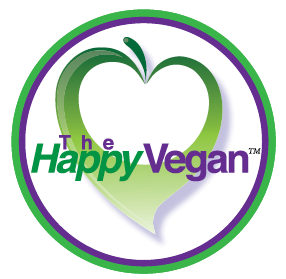6 Reasons To Buy/Eat Organic Produce
Organic refers to the way a food was grown, raised, or produced and is certified based on government-defined standards. This discussion focuses on produce and really, how it was grown! Originally, all foods were “organic.” They were grown and prepared without pesticides, herbicides, chemical fertilizers, or irradiation. Foods were unrefined, whole, or minimally processed. Since World War II and the advent of chemical farming and food processing, the soils and foods of much of the world have been depleted of many important minerals and nutrients. Our food these days is not only deficient in nutrients, but also full of pollutants and farming chemicals. The modern process of denaturing foods via heavy refining and chemical treatment deeply affects the life force of our food supply, making it difficult to foster equilibrium and health. Pesticides have been shown to create extra work for the immune system, causing cancer and disease in the liver, kidneys, and blood. Pesticides accumulate in the organs, resulting in a weakened immune system, allowing carcinogens and pathogens to filter into the body.1
Organic certification is the public’s assurance that products have been grown and handled according to strict natural procedures.
Here are 6 reasons to buy and eat organic produce:
CHEMICALS. Pesticides are poison designed to kill living organisms. Many pesticides were approved long before extensive research linked them to cancer and other diseases. Organic agriculture is a way to prevent any more of these chemicals from getting into the air, water, and food supply.
FUTURE GENERATIONS. Children are four times more sensitive to cancer-causing pesticides in foods than adults.2
WATER. Pesticides pollute over half of the United States’ primary source of drinking water.3
ORGANIC FARMERS. Three billion tons of topsoil erodes from croplands in the U.S. each year, and much of it is due to conventional farming practices, which often ignore the health of the soil.4 Organic agriculture respects the balance necessary for a healthy ecosystem.
SAVE ENERGY. More energy is now used to produce synthetic fertilizers than to till, cultivate, and harvest all the crops in the United States.5
HELP SMALL FARMERS. Although more and more large-scale farms are making the conversion to organic practices, most organic farms are small and independently owned and operated. Organic agriculture can be a lifeline for small farms because it offers an alternative market where sellers can demand fair prices for crops.6
REFERENCES:
- National Resources Defense Council, Trouble on the Farm: Growing Up with Pesticides in Agricultural Communities, Chapter 1
http://geti.in/1cSujRE
- Pesticides: Health and Safety http://geti.in/1mEgwhf
- Pesticides in Drinking Water http://geti.in/UrJjPY
- Organic Farming Yields Far Better Crop Resistance and Resilience Land News Newspaper http://geti.in/1aaftVj
- Why Organic? http://geti.in/1aEMurg
- More Farmers Going Organic to Improve Soil, Save Energy, and Produce Better Food | http://geti.in/1h5PAax









Leave a Reply
Want to join the discussion?Feel free to contribute!